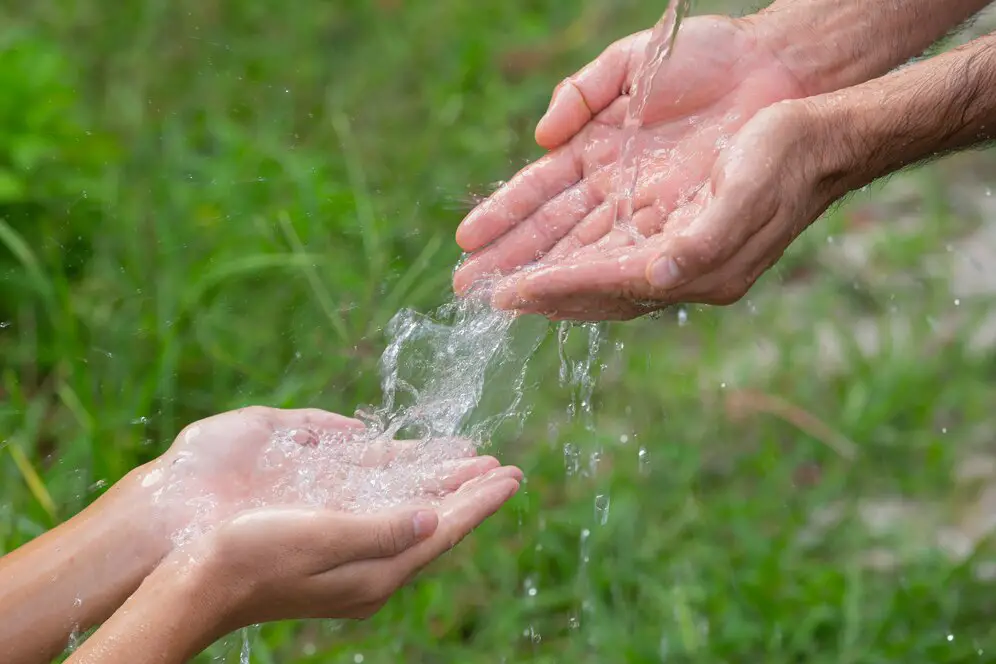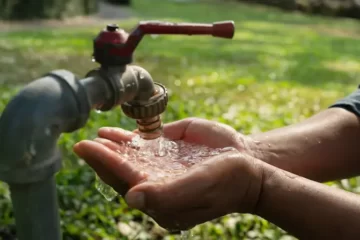Clean and safe drinking water is essential for our good health. Many people rely on municipal water sources, and some people draw water from private wells (underground water). Well water can be a reliable and sustainable source of water, but you require a proper filtration system for safety.
In this article, we’ll explore the safety of filtered well water and also discuss the necessary steps to improve water quality.
Is filtered well water safe to drink?
The safety of filtered well water depends on the filtration system and the specific contaminants such as bacteria, chemicals, viruses, Protozoa, or other impurities that may be present in filtered well water.
Generally filtered well water is safe to drink if the filter is properly maintained and removes contaminants effectively. You need to test the quality of your filtered well water, then you should take the necessary steps.
Contaminants That May Be Present In Filtered Well Water

The following contaminants may be present in filtered well water:
1. Bacteria
Bacteria are microscopic organisms that can cause illnesses, diarrhea, vomiting, and cramps.
2. Viruses
Viruses are smaller than bacteria and can also cause illnesses, hepatitis A, and norovirus.
3. Protozoa
Protozoa are single-celled organisms that can cause giardiasis, cryptosporidiosis, and other illnesses.
4. Chemicals
Some harmful chemicals such as arsenic, lead, and nitrates may be present in well water from a variety of sources such as industrial waste, agricultural runoff, and septic systems.
Safety Instruction
These are the following instructions if you’re using filtered well water:
1. Water Testing
Regular testing of filtered well water is essential for the identification of contaminants such as viruses, bacteria, or chemicals in water. Local health departments or private laboratories are available for testing well water.
2. Proper Filtration System
You should select a proper filtration system such as Activated carbon filters, Reverse osmosis filters, or Ultraviolet (UV) disinfection systems depending upon special contaminants that may present in your filtered well water.
3. Maintenance of the Filtration System
Regular maintenance of filtration systems is essential for ensuring that filtration systems work effectively. Replacing filters or cleaning components is included in the maintenance of the filtration system.
Conclusion
Filtered well water can be a reliable source of drinking water when we take proper precautions such as Regular testing, selection of proper filtration system, or maintenance of filtration system. Filtered well water may contain harmful contaminants such as bacteria, viruses, or chemicals. If you take these necessary steps properly, then you and your family can enjoy the benefits of potable, clean, and tasty well water.
FAQs
What are the potential contaminants in well water?
Iron, manganese, sediments, bacteria, viruses, agricultural runoff, industrial pollutants, and chemicals may be present in well water.
How does well water quality impact human health?
Low-quality well water can lead to health issues such as illness, illnesses, diarrhea, vomiting, hepatitis A, giardiasis, and cryptosporidiosis due to exposure to contaminants.
Why is filtration necessary for well water?
Filtration is essential to remove impurities and contaminants and improve water quality.
Can well water contain harmful bacteria, and how can it be treated?
Yes, well water can harbor bacteria. Treatment methods such as UV disinfection or chlorination are used to eliminate harmful microorganisms.
Is UV disinfection a reliable method for treating well water, and how does it work?
UV disinfection is reliable, it destroys bacteria and viruses by exposing them to ultraviolet light.
Can well water quality vary depending on geographic location?
Yes, geological and environmental factors can cause variations in well water quality.






[…] showers that strip your body of essential nutrients? The AquaBliss High Output Revitalizing shower well water filter is an investment in your health and beauty that will rejuvenate you from the inside […]
[…] Perfect well water Filter […]